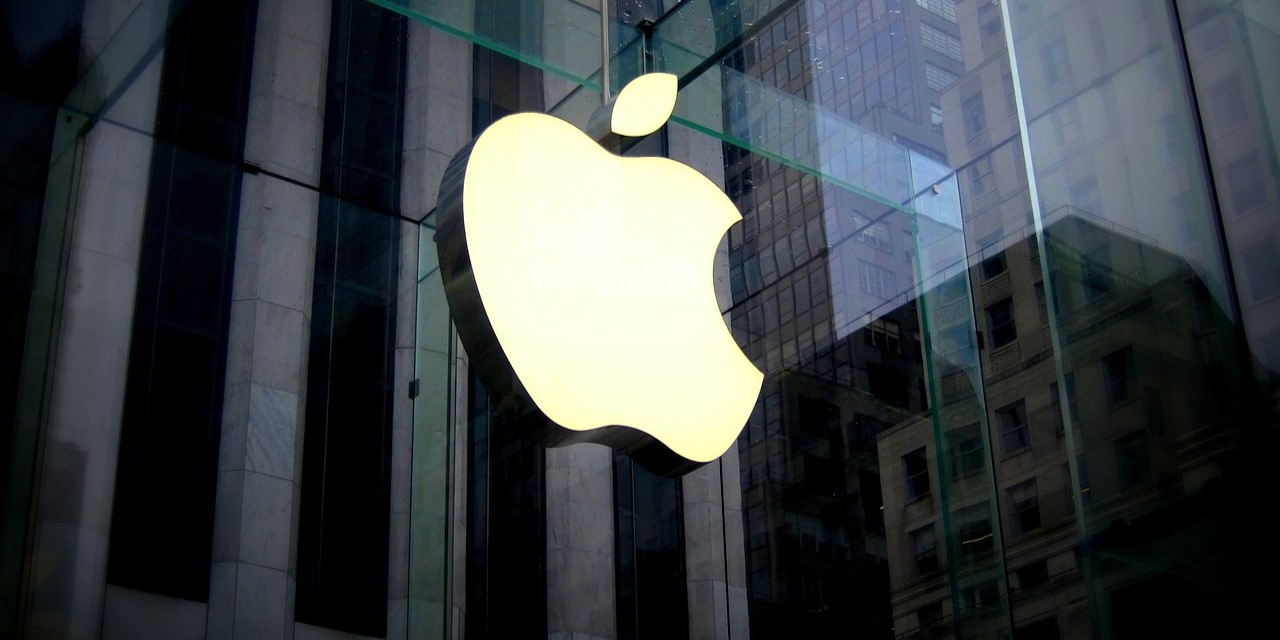Apple appeared before the UK competition appeal tribunal for overcharging customers in a class-action lawsuit in a class-action lawsuit on Monday.
Rachael Kent-Aitken, representing the claimants, brought the collective action through Article 47B of the Competition Act 1998, which allows a court-authorized representative to bring legal action that combines several individual claims into one ‘class action’, that is, an action on behalf of a given group of people. The people involved must be shown to have a common claim.
In this case, Kent argues that 20 million UK consumers have all been overcharged by Apple for in-store purchases and that this is ‘unfair, unlawful, and wrong’. Kent alleges in the lawsuit that Apple abused its dominant position, and in doing so breached Article 102 of the Treaty of the Functioning of the European Union, which was in effect until 2020, and Article 18 of the Competition Act 1998. Kent concluded that Apple is “stifling competition and overcharging customers because they control the only app marketplace for iPhones and iPads, the App Store.”
Apple charges a 30 percent fee for apps and in-app purchases on iOS, iPadOS, watchOS, and macOS App Store, which is an additional fee on top of the purchase price of the app. This purchase fee does not affect free apps or ordering non-digital goods through apps. Apple subscription fees dropped from 30 percent to 15 percent after the first year. This ‘apple tax’ is paid for by customers through higher prices.
Apple commented in a press conference that the lawsuit was ‘meritless’, and that:
The commission charged by the App Store are very much in the mainstream of those charged by all other digital marketplaces. In fact, 85% of apps on the App Store are free and developers pay Apple nothing. And for the vast majority of developers who do pay Apple a commission because they are selling a digital good or service, they are eligible for a commission rate of 15%
If Kent succeeds in her claim, over £1.5 billion would be split amongst the 20 million individuals included in the class action lawsuit through a windfall, in a similar result to the windfall caused by an EU ruling against Apple in Ireland.


